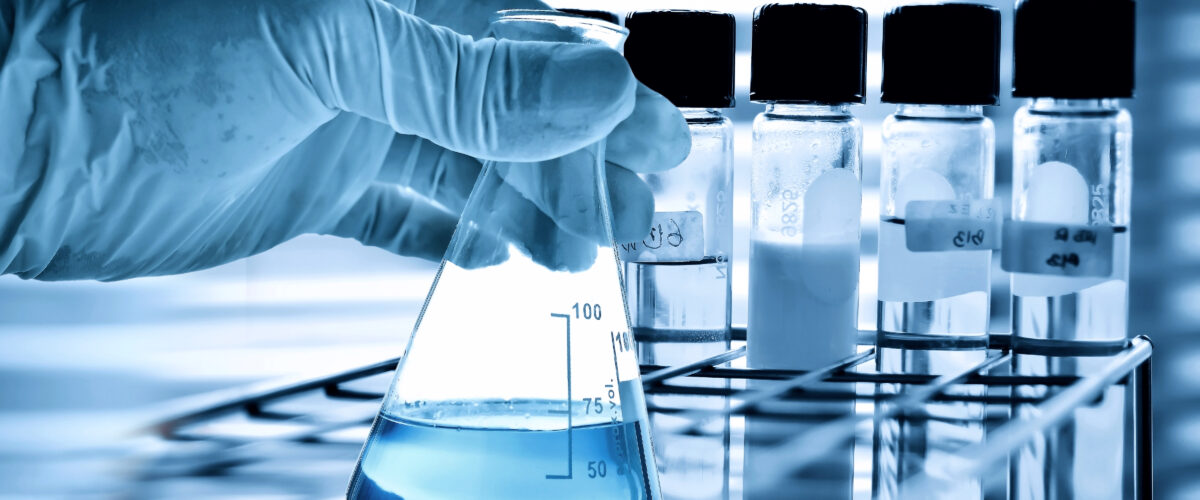Artikel | 11 november 2022
WTO allows limitation of patent rights to COVID-19 vaccines

This summer, the Ministerial Conference of the World Trade Organization made a decision that could limit the rights of patent holders in large parts of the world. The decision means that a developing country may allow the supply and distribution of COVID-19 vaccines without the consent of the owners of the patents for such vaccines. This may reduce incentives for innovators to develop effective vaccines for future pandemics.
One of the main purposes of intellectual property rights (IPR) is to encourage the creation of intellectual assets. Intellectual assets are inherently non-exclusive in the sense that they can be used by more than one person at the same time. Without the possibility of limiting others’ use of an asset, the business that invested in the asset’s creation would not reap its full benefits, and, consequently, would not focus on research and development to the same extent. IPR protection is therefore critical to fostering innovation.
A patent grants the owner the right to exclude others from making, using, selling, offering to sell or importing an invention in or into a specified territory for a limited period of time. In return, the patent holder is obliged to disclose the invention, so that when the patent expires, the invention can be used by anyone without charge. Of all the types of IPR, patents probably have the strongest correlation to incentivising innovation. As an example, almost all of the hundreds of products on the World Health Organization’s Model List of Essential Medicines started out as being patented.
The Agreement on Trade-Related Aspects of Intellectual Property Rights (TRIPS) is an international legal agreement between all the member nations of the World Trade Organization (WTO), including Sweden. It establishes minimum standards for national governments when regulating rights to different forms of intellectual property. Article 28.1 of the TRIPS Agreement confers on the owner of a patent the right to prevent third parties that do not have the owner’s consent from making, using, offering for sale, selling or importing the patent-protected product or process. In the Swedish Patents Acts, this is reflected in § 3.
As IPR, by its nature, excludes others from utilising an asset, IPR, and especially patents, pose a risk of creating barriers to timely access to lifesaving health products. To address this risk, the TRIPS Agreement includes safeguards known as ‘flexibilities’. These flexibilities mean that national governments may allow exemptions to the normal minimum protection standard, e.g. to address public health emergencies. One such exemption is the issuing of compulsory licences that allow a company to produce a lifesaving drug without the patent owner’s consent.
The COVID-19 pandemic has raised questions about whether these flexibilities are sufficiently effective to address the world’s urgent needs, given that they usually apply on a country-by-country, case-by-case and drug-by-drug basis and have onerous reporting requirements. In October 2020, India and South Africa, therefore, requested a temporary waiver of IPR that would allow countries to produce versions of COVID-19 products more easily. The request was co-sponsored by 65 WTO member states (and supported by more than 100 WTO members).
It took a year and a half of intense discussions to reach a decision on the TRIPS issues. On 17 June 2022, the WTO decided on an exemption from Article 28.1 of the TRIPS Agreement. It should be noted that the decision is not a TRIPS waiver, in the sense it was a proposal by South Africa and India in October 2020, which was more comprehensive.
The exemption means that, due to the exceptional circumstances of the COVID-19 pandemic, all developing countries in the WTO may limit the rights provided for under Article 28.1 by authorising the use of ingredients and processes required for the production and supply of COVID-19 vaccines without the consent of the rights holder (compulsory licences), to the extent necessary to address the COVID-19 pandemic. Limitation of rights may be applied using any national legal mechanism such as an executive order, emergency decree, government use authorisation or judicial or administrative orders. This may expedite the issuing of a compulsory licence and will help the few countries that currently do not have workable compulsory licensing mechanisms.
The exemption may be applied until 17 June 2027, but the General Council of the WTO may extend such period, taking into consideration the circumstances of the COVID-19 pandemic.
The decision also states that developing country members of the WTO may, on or before 17 December 2022, decide to extend the exemption to also cover the production and supply of COVID-19 diagnostics and therapeutics.
The decision is not clear on all specific details. The WTO has not made a list or definition of developing countries, which means it is unclear which territories the exemption may apply to. Developing country members with “existing capacity to manufacture COVID-19 vaccines” are encouraged to make a binding commitment not to use the exemption, a provision largely aimed at China. The exemption covers the very broad definition of “ingredients and processes necessary for the manufacture of the COVID-19 vaccine”, a definition that could potentially include several patents for each vaccine.
Pharmaceutical and other industry groups have argued that the decision threatens medical innovation, distracts from the actual challenges of increasing COVID-19 vaccine access (e.g., supply chain bottlenecks, vaccine hesitancy, healthcare infrastructure limitations), and undermines current licensing arrangements for global COVID-19 vaccine production and technology transfer. Public health advocates, on the other hand, have welcomed the WTO discussions, although some have criticised the final decision for postponing the potential application of the waiver to COVID-19 diagnostics and therapeutics, for not addressing access to the “technical know-how” (including trade secrets) necessary for vaccine development, and for not adding significantly to current TRIPS flexibilities.
From the perspective of vaccine developers, however, the implication of the decision is that it reduces incentives for developing vaccines for pandemic diseases. The already high risk for innovators and financial institutions that invest in vaccine research and development is made even greater by the possibility of not being able to enforce patent rights. The financial potential of obtaining proprietary rights to an effective vaccine for COVID-19 was undoubtedly one of the incentives that led multiple pharmaceutical companies to develop, produce and distribute vaccines in record time. The efforts of these companies have been key to reducing the COVID-19 pandemic threat.
Kontakt:


